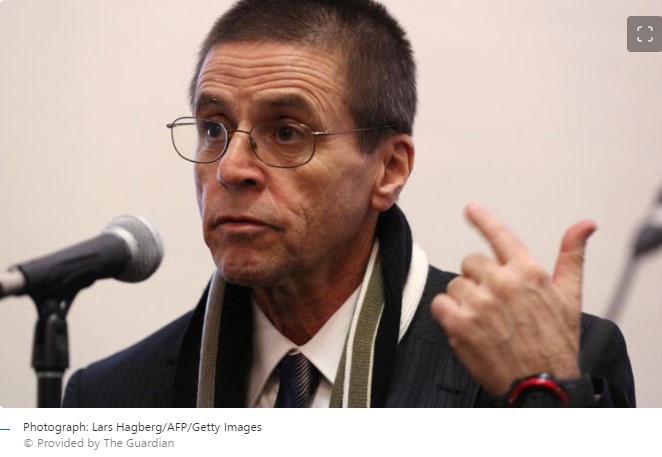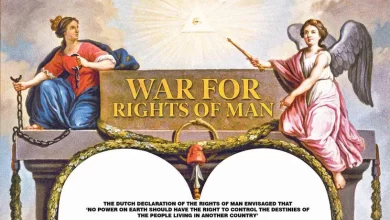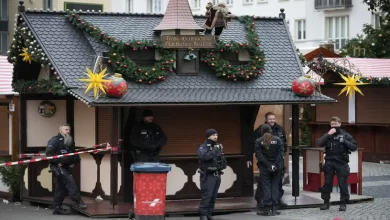Canadian professor convicted in absentia of 1980 Paris synagogue bombing

ALebanese-Canadian university professor has been convicted in absentia of a bomb attack on a Paris synagogue more than 40 years ago that killed four people and injured 46 others.
Hassan Diab, 69, the only person to have been accused in connection with the bomb blast outside the Copernic synagogue in 1980, where more than 300 people were worshipping, was sentenced to life imprisonment in his absence and an arrest warrant was issued against him.
He remains in Canada and did not attend the Paris trial. His legal team argued he was a victim of mistaken identity. It is not certain whether a new procedure to extradite Diab would be successful, and what tensions it would cause in relations between Canada and France.
There were heated moments during the three-week Paris trial, where a chair was left empty for Diab. State anti-terrorist prosecutors asked for a maximum prison sentence, saying there was “no possible doubt” he was guilty. Diab’s defence asked for him to be acquitted to “avoid a judicial error”.
The bombing was the first fatal attack against France’s Jewish community since the Nazi occupation of the second world war.
The bomb, containing 10kg of explosive, was left in the saddlebags of a rented motorcycle parked outside the synagogue on 3 October 1980. The blast brought down the synagogue’s glass roof on those inside, who were celebrating the Shabbat and the barmitzvah of three boys and batmitzvah of two girls. A synagogue door was blown off by the force of the explosion, and shopfronts along 150 metres of road were shattered.
Three passersby were killed and a concierge of the hotel opposite the synagogue died of his injuries in hospital 48 hours later. The attack was timed to hit those leaving the synagogue, and a greater tragedy was averted only because the ceremonies were running 15 minutes late.







